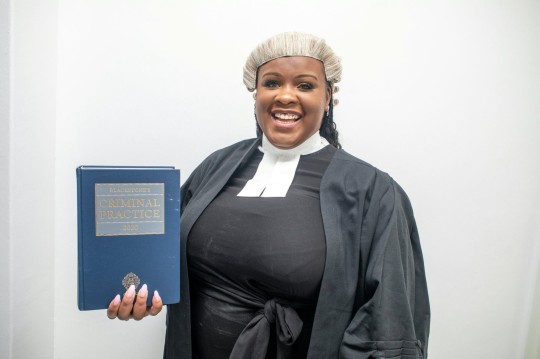 A 23-year-old woman has set a new record by becoming the UK’s first black and blind barrister.
A 23-year-old woman has set a new record by becoming the UK’s first black and blind barrister.
Jessikah Inaba qualified last week after studying for five years at the University of Law in London.
She managed to complete her entire course using Braille and credits her friends and tutors for helping to fill in the gaps.
Jess, from Camden, north London, said: ‘It’s been crazy – I still can’t really believe I’ve done it,’
‘One day I’ll wake up and realise how amazing this is.
‘It was hard and I often thought of giving up, but my supportive family gave me courage and strength.
‘I always believed in myself from the start – there’s nothing about me that means this isn’t possible.
‘I know I can do this job really well, and the more people like me who go through training the easier it will become.
‘It’s a really good feeling, I know I’m giving hope to others in similar situations to mine. There’s a triple glazed glass ceiling.
‘I’m not the most common gender or colour, and I have a disability, but by pushing through I’m easing the burden on the next person like me.’
Jess is completely blind and had to use Braille throughout her time at the University of Law in London.
She started her accelerated law degree in September 2017 before starting a master’s two years later alongside a professional training course.
Braille can be read on a special screen that usually gives one line at a time, or from specially printed books.
But Jess claims it took seven months for her university to obtain one of her two key study texts so she could read on her computer, and five months for the other.
And, because of pictures and tables in the books, her Braille screen missed huge chunks of material, she said.
Jess says she got through most of her university studies by making her own braille notes transcribing her lecture notes and by asking friends to read to her.
She also said the university stepped in to provide additional 1-on-1 to help support her when her lack of access to materials started to hold her back.
Jess is blind because of an eye condition called Bilateral microphthalmia, where babies are born with smaller than usual eyes.
She is now planning to apply for a pupillage – where newly qualified barristers get their first placement in chambers – when applications open in January.
She said: ‘I’m very proud but I do wish it had all gone smoothly.
‘I feel because of disabled access problems my results aren’t a true reflection of my ability.


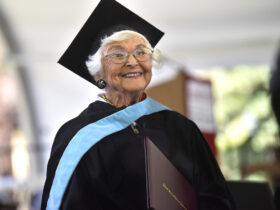
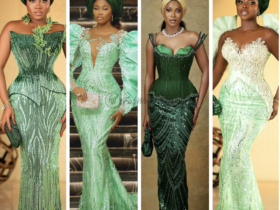
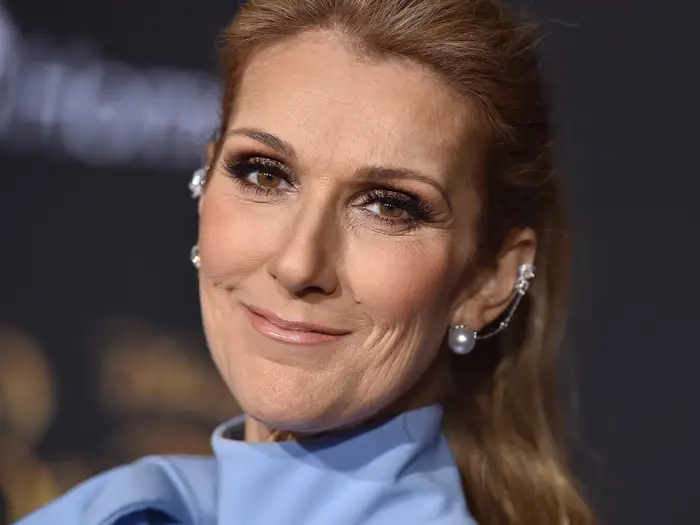
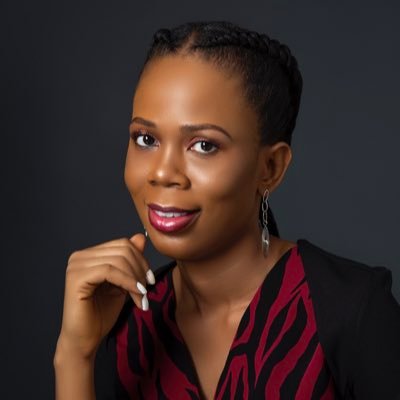


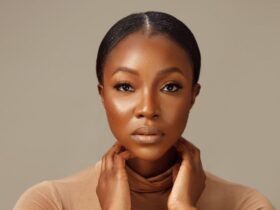
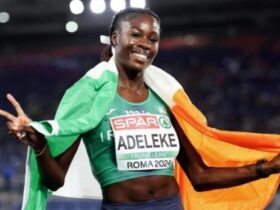
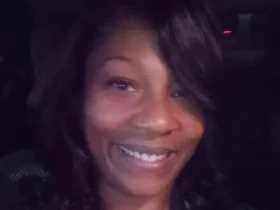
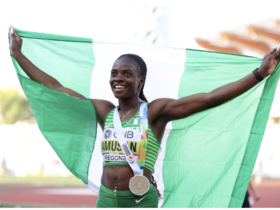
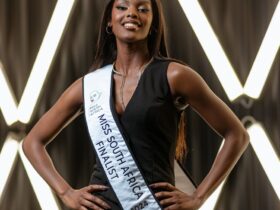
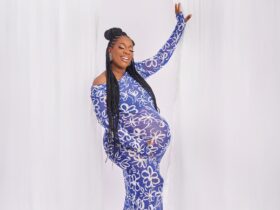
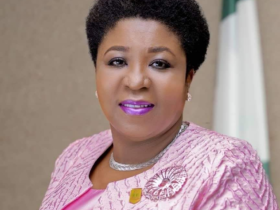
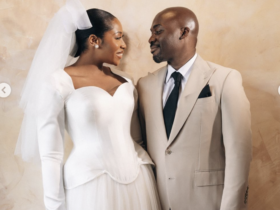

Leave a Reply